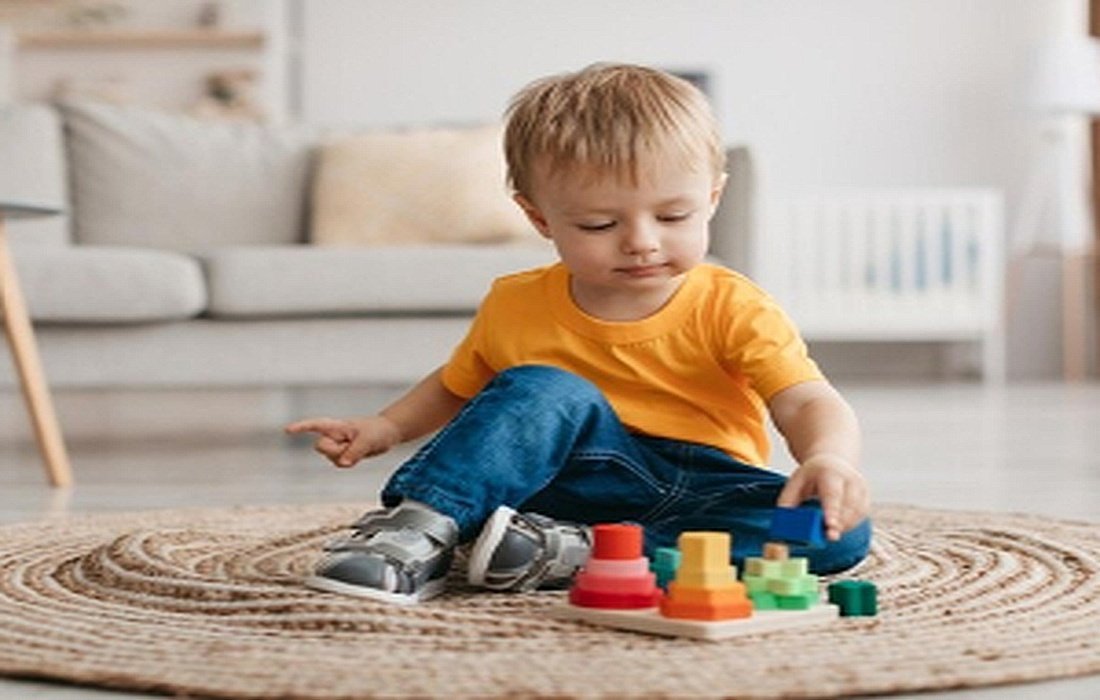Changes and Growth Stages17-Month-Old Child
In the past few months, your child has been trying to walk; now it’s time for them to begin the big challenge of trying to talk.
Continuing the discussion on infant growth after birth inSelMagzNow let’s focus on the growth aspects of a 17-month-old child; the following talks about the progress and strengths of a 17-month-old. We highly recommend reading on.
Milestones in the Growth of a 17-Month-Old Child:
Below are some things your child can do at this stage:
- Drinking from a cup.
- Using one or two words.
- Walking and climbing stairs.
- Feeding their doll.
- Picking dust off their clothes.
- Building a tower with 4 blocks.
- Understanding your instructions.
- Throwing a ball.
- Pointing at pictures.

Abilities of a 17-Month-Old Child
Educational Growth and Behaviors of a 17-Month-Old Child:
Here is a list of growth changes you should observe in your 17-month-old:
1. Talking of a 17-Month-Old Child:
Some toddlers may have started talking. If your child has too, you might not understand all their words, but in the coming months, they might say around 6 to 20 recognizable words. You can teach them body parts, and over time, their speech will improve.
2. Teaching Behavior to a 17-Month-Old Child:
This is a great time for your child to learn about behavior; observe how to establish basic manners in your child:
- You can expect a specific behavior from them.
- You can use the word “please” to encourage them to follow your requests.
- You can teach them the basics of respecting needs.
- The phrases “thank you” and “please” should be used meaningfully to show cooperation and concern.
Changes in Sleep and Nutrition for a 17-Month-Old Child:
At 17 months, your child may prefer to nap once a day, and you might need to wake them up. Holding them can offer comfort and help them fall asleep faster.

Sleep of a 17-Month-Old Child
Your child maychoose their own foods.So the best thing you can do is not spend too much time preparing complicated meals; focus on nutrients so you can give smaller bite sizes for your child to enjoy.
Pay attention to your child’s weekly diet; a variety of healthy options can interest them in eating and ensure they get all necessary nutrients.
Safety concerns at this age to maintain the health of a 17-month-old child:
They are now more independent than before and are exploring the world around them. To prevent unintended consequences, you need to keep your home in the best possible condition.
Here’s what to watch for with your 17-month-old child:
As they grow, make sure to take car seat safety seriously while traveling; your child may be eager to play with toys and climb on them. Take all safety measures and set basic limits so they understand what to avoid.
Make sure you have the right ointments and gels in your cupboard.
Common medical mistakes happen, so make sure to clarify any concerns with your doctor to address these errors and be aware of safety guidelines.
Allergies andcoldsare very common at this age. You should be able to distinguish between the two.
Remember that a child is not capable of thinking like us. This can make certain situations complicated; however, you should remember that this is a stage in your child’s development, and they will soon forget such behaviors.







